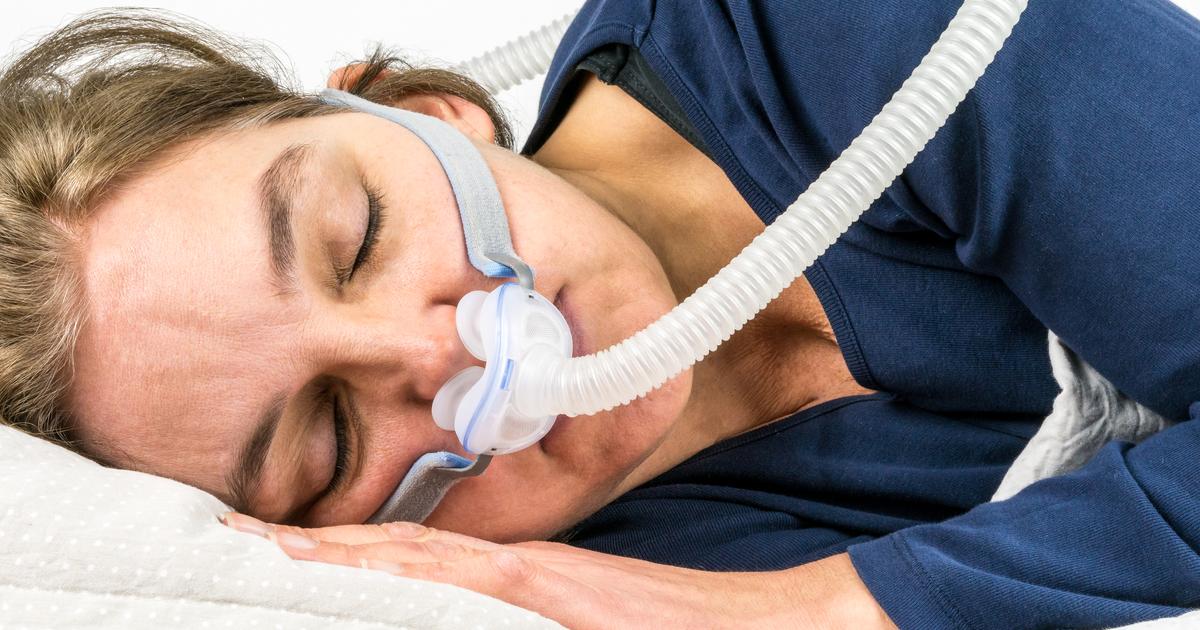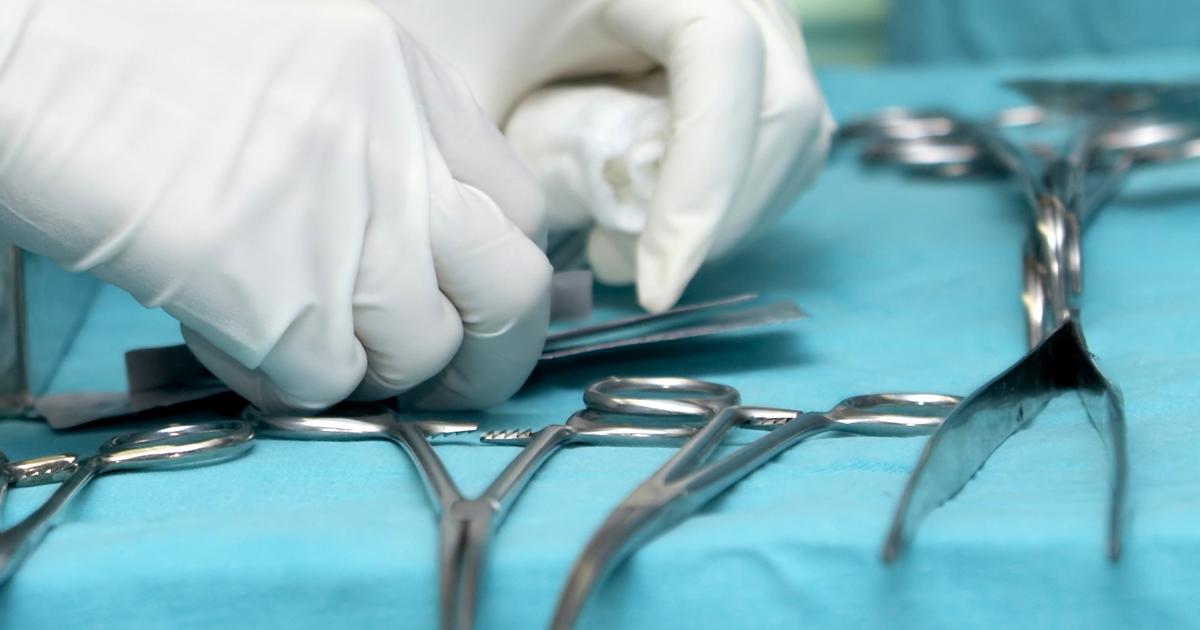How To Effectively Treat Sleep Apnea
Other Airway Pressure Devices

CPAP machines have been most extensively studied and shown to be most effective with many cases of sleep apnea. However, if using the machine causes discomfort patients aren't able to alleviate, other airway pressure devices may be an option. One option is an auto-CPAP machine, which automatically adjusts air pressure as the individual sleeps when it detects their breathing is becoming obstructed. Another option is a BPAP unit, which stands for bilevel positive airway pressure. BPAP machines also use masks to deliver air but, unlike CPAP machines, they can use multiple air pressures. They increase the pressure when patients inhale and reduce it when they exhale. This helps patients who find it tiring to exhale against the high air pressure of the CPAP machine.
Jaw Repositioning Surgery

Surgical options are usually used only in cases where non-invasive treatment methods for sleep apnea have all failed. Doctors recommend going through at least a three-month trial period with other types of treatment for this condition before surgery is considered. With that said, a small percentage of patients whose jaws have structuring issues may benefit from surgery as a first-line treatment option. With a jaw repositioning surgery, the jaw is moved forward and positioned away from the other bones in the face. This leads to an increased amount of space behind the soft palate and tongue. More space means there's less chance of airway obstruction if the soft palate falls or the tongue rolls backward during sleep.
